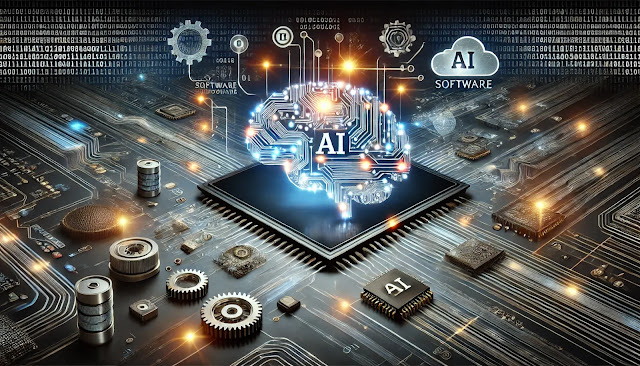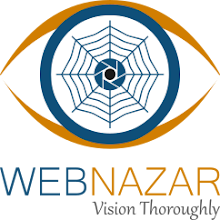Artificial Intelligence (AI) has rapidly emerged as a game-changer across various industries, and the software sector is no exception. From automating routine tasks to revolutionizing how we approach complex problem-solving, AI's influence on the software industry is profound and far-reaching. In this article, we explore how AI is transforming software development, deployment, and innovation, reshaping the industry's future.
1. Enhanced Software Development
AI has significantly improved the efficiency and effectiveness of software development. Traditionally, software development involved labor-intensive coding, debugging, and testing processes. AI-powered tools and frameworks have streamlined these tasks, enabling developers to write cleaner code, identify bugs faster, and automate repetitive tasks.
Code Generation and Assistance: AI-driven code generators and intelligent coding assistants, like GitHub Copilot and Tabnine, have become indispensable tools for developers. These AI models can suggest code snippets, auto-complete lines, and even generate entire functions, reducing the time required to write code and minimizing human error.
Automated Testing: AI has revolutionized software testing by automating test case generation, execution, and analysis. Machine learning algorithms can predict potential vulnerabilities and recommend test cases, ensuring that software is more reliable and secure. This automation reduces the time and effort required for manual testing, allowing developers to focus on more complex and creative aspects of development.
2. Accelerated Deployment and DevOps
AI has also made significant inroads into the deployment and operations (DevOps) side of software development. AI-driven tools have enabled more efficient continuous integration and continuous deployment (CI/CD) pipelines, making the software delivery process faster and more reliable.
Predictive Analytics for Deployment: AI algorithms can analyze historical deployment data to predict potential issues during new releases. By identifying patterns and anomalies, AI helps DevOps teams mitigate risks, ensuring smoother rollouts with minimal downtime.
Infrastructure Management: AI-powered tools are increasingly being used to manage and optimize cloud infrastructure. These tools can automatically scale resources based on demand, optimize costs, and ensure that applications run efficiently. This level of automation and intelligence was previously unattainable, and it has significantly improved the scalability and reliability of software deployments.
3. Innovative AI-Driven Applications
AI is not just a tool for improving existing processes; it is also a catalyst for innovation in the software industry. New AI-driven applications are pushing the boundaries of what software can achieve, creating new opportunities and business models.
Natural Language Processing (NLP): AI-powered NLP technologies have led to the development of advanced chatbots, virtual assistants, and customer service tools. These applications can understand and respond to human language with increasing accuracy, providing personalized experiences and automating customer interactions.
AI-Enhanced Software Products: AI is being integrated into a wide range of software products, from CRM systems to analytics platforms. These AI-enhanced tools can analyze vast amounts of data, provide actionable insights, and automate decision-making processes, enabling businesses to operate more efficiently and make data-driven decisions.
Ethical Considerations and Challenges While AI offers numerous benefits to the software industry, it also presents ethical challenges. Issues related to data privacy, algorithmic bias, and the potential displacement of human workers must be carefully considered. As AI continues to evolve, the industry must address these concerns to ensure that the benefits of AI are realized responsibly and equitably.
4. The Future of AI in Software
The future of AI in the software industry is bright and full of possibilities. As AI technologies continue to advance, we can expect even greater automation, smarter applications, and more innovative software solutions. AI will likely play a central role in the development of autonomous systems, intelligent agents, and other cutting-edge technologies that will define the next era of software.
However, the integration of AI into software development and deployment processes also requires continuous learning and adaptation. Software professionals must stay updated with the latest AI advancements and be prepared to embrace new tools and methodologies.
Conclusion
AI's impact on the software industry is profound, transforming how we develop, deploy, and innovate software. From enhancing productivity in development to driving new applications and services, AI is reshaping the industry in ways that were once unimaginable. As we move forward, embracing AI's potential while addressing its challenges will be crucial for the software industry's continued growth and evolution.
















0 Comments